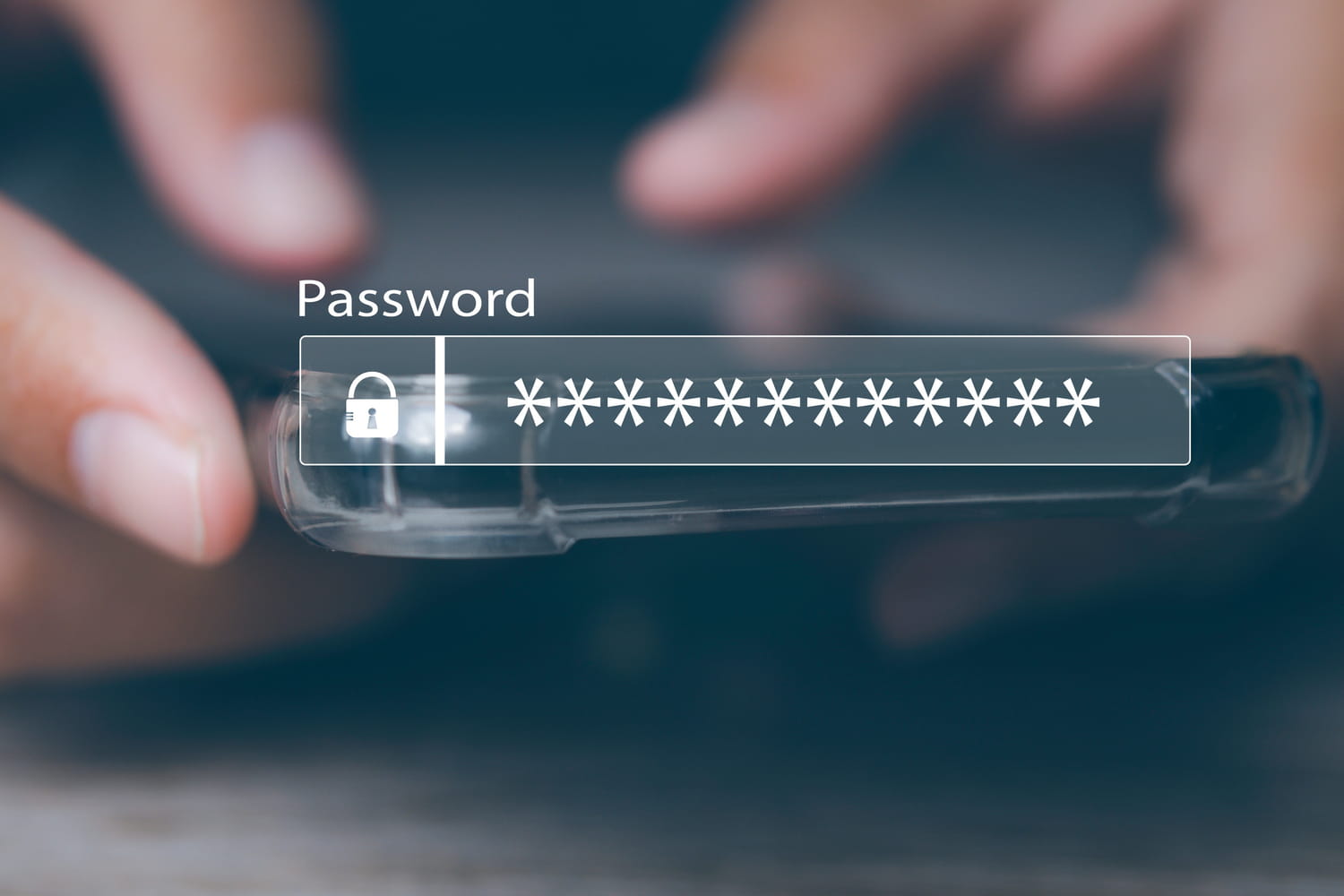The more precise you, the more help can help you.
“In France, we have an incredible chance: any citizen, whatever the medical desert in which he is, can have a telephone medical response in the minutes following a call to 15”immediately recalls Dr. Agnès Ricard-Hibon, emergency doctor at the Novo hospital in Pontoise and spokesperson for the Samu-Urgences de France union of the French Society of Emergency Medicine. At this issue, 35 million calls are dealt with each year. The first interlocutor is a medical regulation assistant, formed for a year which immediately geolocates the appellant, then asks a few specific questions. “His goal is clear: to identify a vital emergency right away. And in this case, he has a duty to engage the emergency services without waiting.” Then, the call is transmitted to a regulator (emergency or generalist) who refines the analysis.
But how can you make yourself understood in an emergency? No need for medical discourse: the way of expressing expressing often counts as much as the symptoms themselves. “The first spontaneous words are crucial. They guide our perception of gravity. This is why it is essential to call 15 rather than another number: we are directly related to health professionals”continues the doctor. Some are annoyed by the number of questions asked. Others minimize their pain. It’s a mistake. “The questions are not there to annoy, but to allow a good analysis of the health need. We need answers to decide on the right orientation in the care system. And the right answer is not necessarily all-out-of-suite. The system works by prioritization to guarantee the rapid care of vital emergencies.”
In some cases, symptoms may seem commonplace – fever, headache, digestive pain – while vital emergency is hidden. “It is the masked vital emergencies that are most difficult to detect. This is where the experience and rigor of the Samu-Sas teams play a fundamental role.” And if the state worsens after a first call, you must immediately recall. “We re -evaluate, we readjust. And to avoid what is called ‘the tunnel effect’ – the fact of staying blocked on a first analysis – another doctor takes over.”
In France, the organization of 15 also makes it possible to limit the risks linked to crowded emergencies, by directly orienting patients to the right service or the good professional. “This system is a real added value. It is effective, structured, and rather rare internationally.” But it is fragile. “By dint of only pointing out the rare unwanted events, we discourage caregivers, we feed resignations, and we weaken a system that saves lives.” So when you call 15, clearly say what you feel, answer questions, breathe. And don’t forget: it is never a waste of time to listen to you. Each call is taken seriously – and the more precise you are, the more help you help help.








